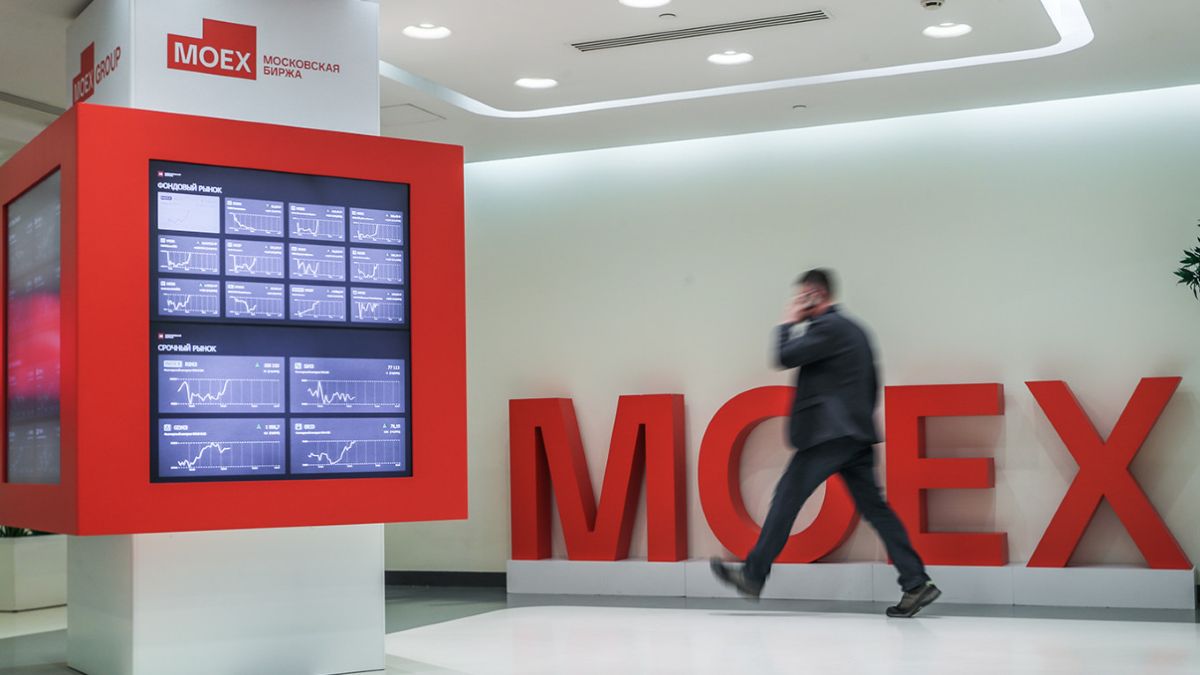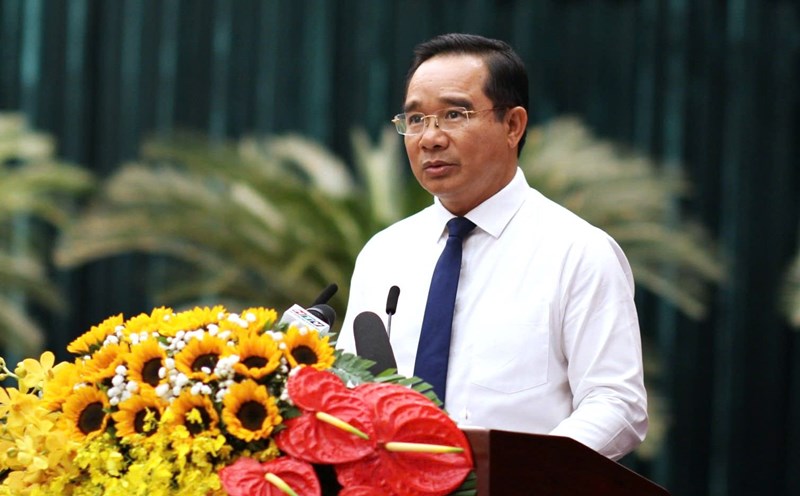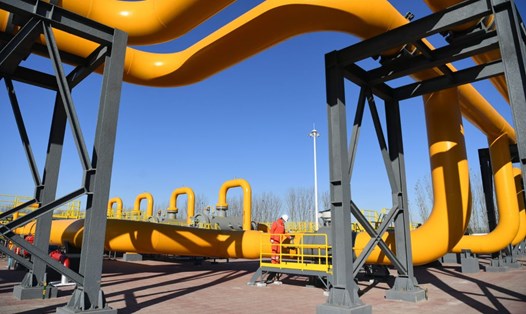Despite thousands of sanctions from the West, the Russian economy has not only shown incredible resilience but also achieved growth rates far surpassing the US and the European Union (EU) - Mr. Alexander Dynkin, President of the World Economic and International Relations Institute Primakov told TASS news agency on the sidelines of the Munich Security Conference held in Germany from 14-16.2.
In 2024, the US economy will grow by 2.8%, down slightly from 2.9% in 2023. Meanwhile, the EU economy recorded a growth rate of 0.9%, the Eurozone increased by 0.7%.
On the morning of February 17, the MOEX stock index on the Moscow Stock Exchange increased by 2.11% to 3,252.07 points as soon as it opened. By 7:10 am ( moscow time), the index continued to climb to 3,259.68 points, equivalent to an increase of 2.34%. This is a signal that investors' confidence in the Russian economy remains strong.

The Russian Central Bank said that the strong increase in financial cash flow in January 2025 shows that the Russian economy is growing more strongly than recently forecast.
Cash flow into the economy in January 2025, handled through the central bank's payment system, increased by 8.8% compared to the average of the fourth quarter of 2024. If sectors such as mining, oil and gas production and public administration are excluded, the increase will be even higher, reaching 11.4%.
Most large industrial groups recorded growth, especially in areas related to investment demand.
"A part of the significant increase could be due to government contracts being paid early in advance at the beginning of the year," Interfax quoted the central bank's document as saying.
Prime Minister Mikhail Mishustin recently reported to President Vladimir Putin that Russia's GDP in 2024 will increase by 4.1%, higher than the expected 3.8%, and GDP growth in the fourth quarter of 2024 will increase more strongly than expected.
Another surprise was the PMI for the service and manufacturing sectors achieving its strongest growth rate in a year. Both were mostly flat in December 2024, indicating the economy was cooling, but increased sharply to 53.1 points in January 2025, signaling the expansion of the economy.
However, some experts are still cautious when assessing the Russian economic outlook in 2025. The Russian Central Bank previously forecast growth to fall to 0.5% due to high inflation (currently at 9.5%) and interest rates remaining at a record 21%.
In addition, there are reports that the Russian government is forcing banks to pump hundreds of billions of rubles into preferential loans for the defense sector, raising concerns about a credit crisis.
However, Russian economists are highly appreciated for arguing that there will be no banking crisis and that the economy will be much stronger than it initially appeared.











